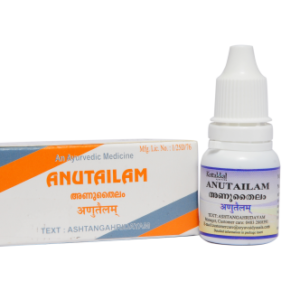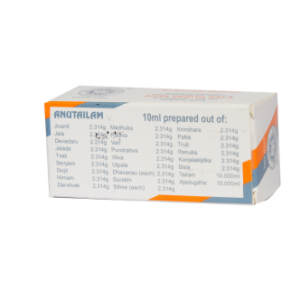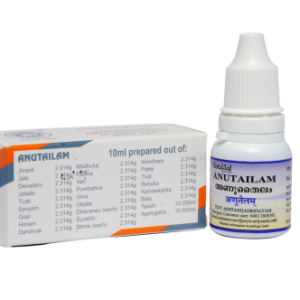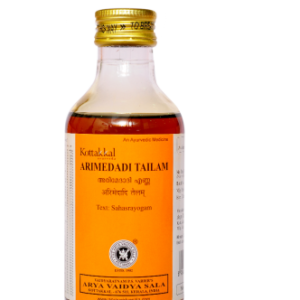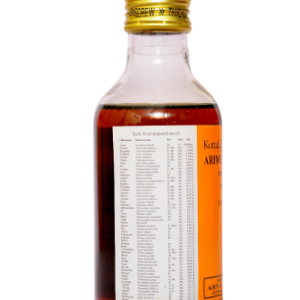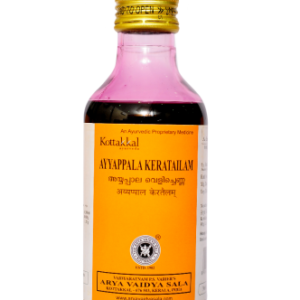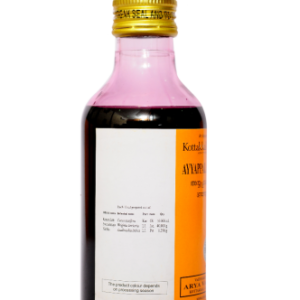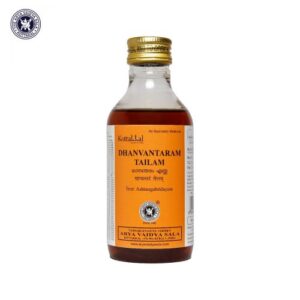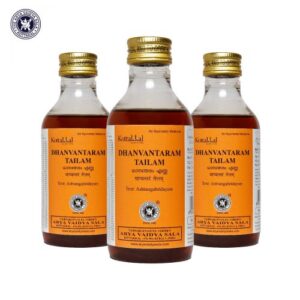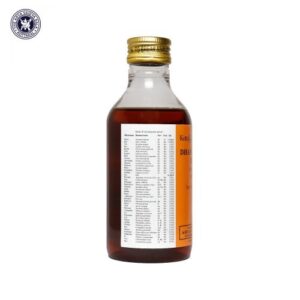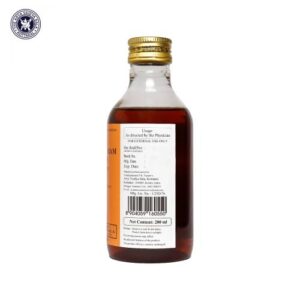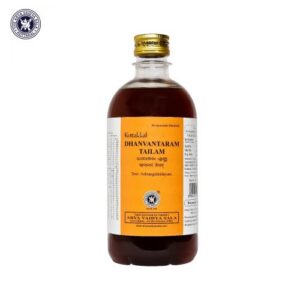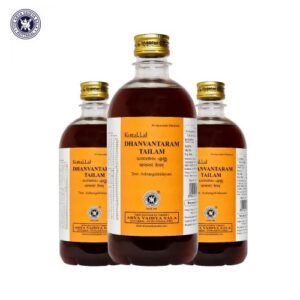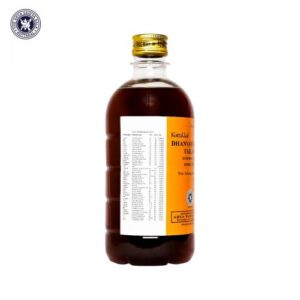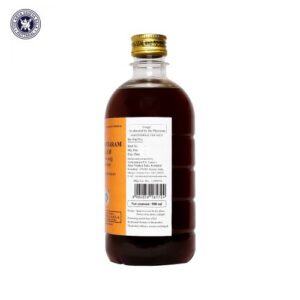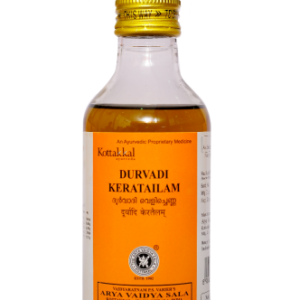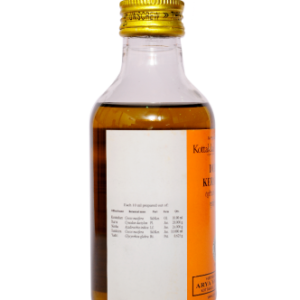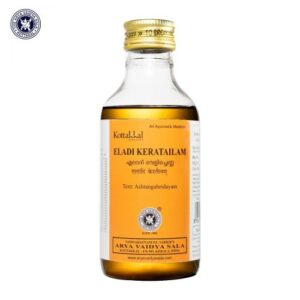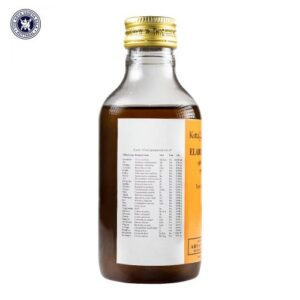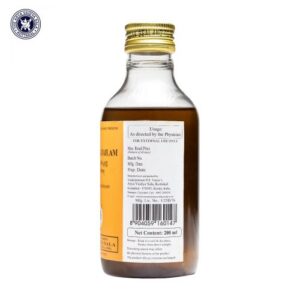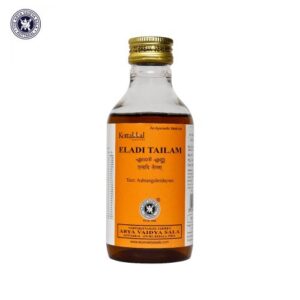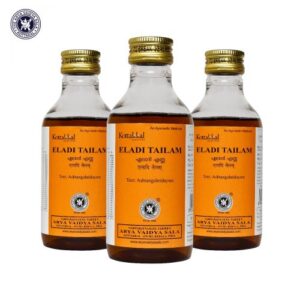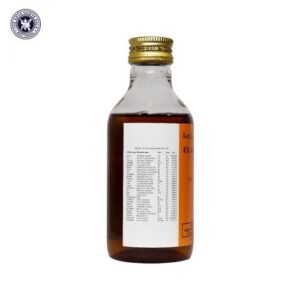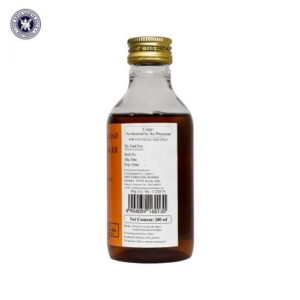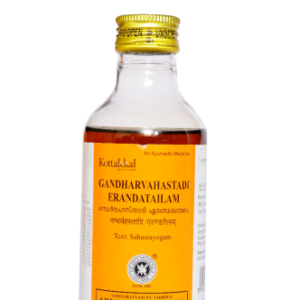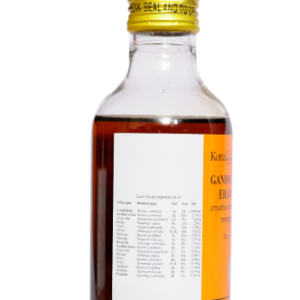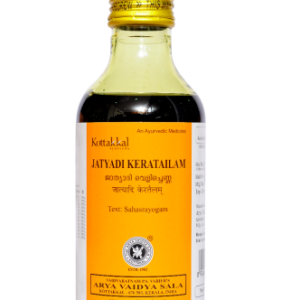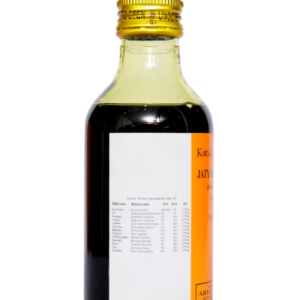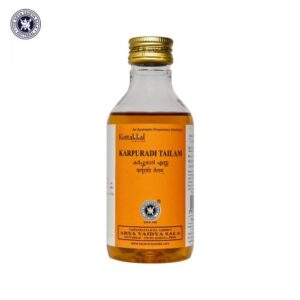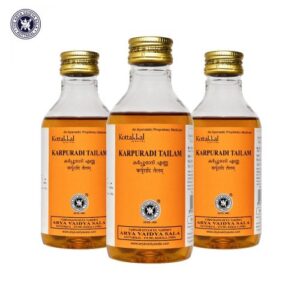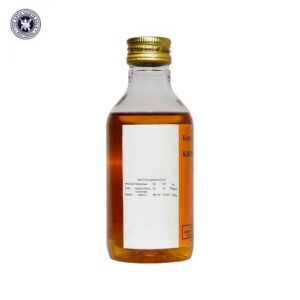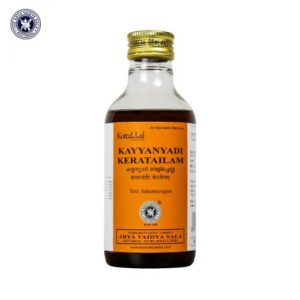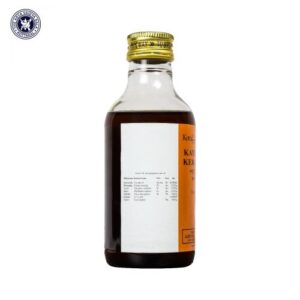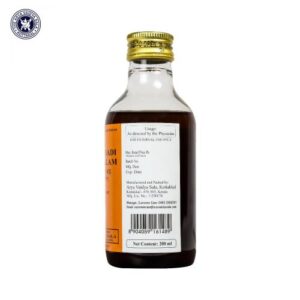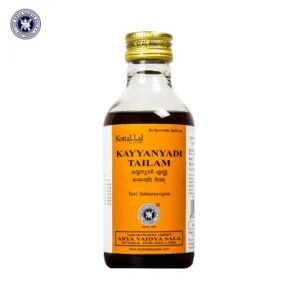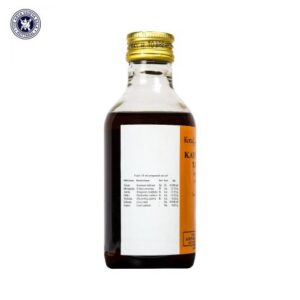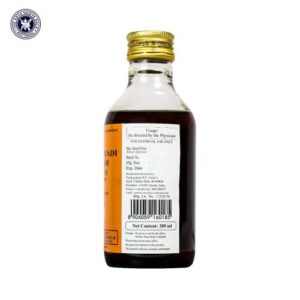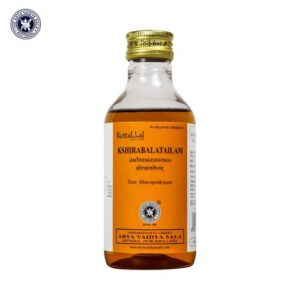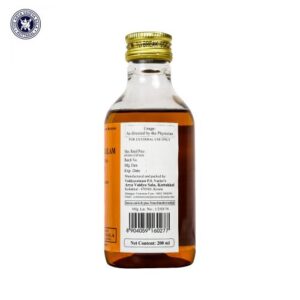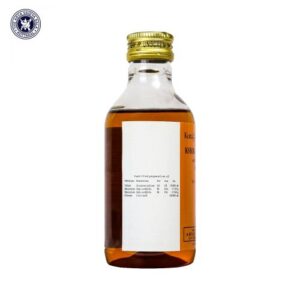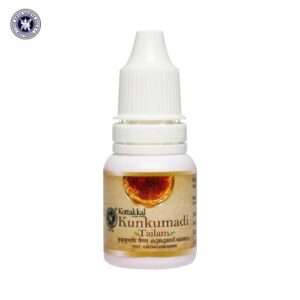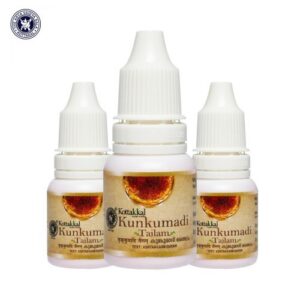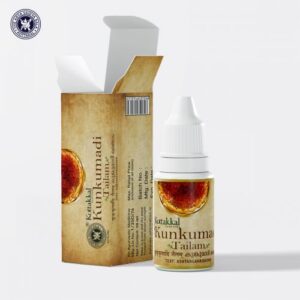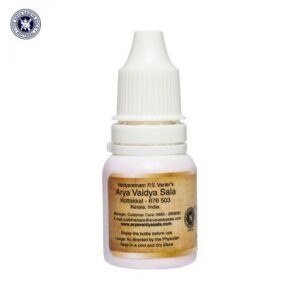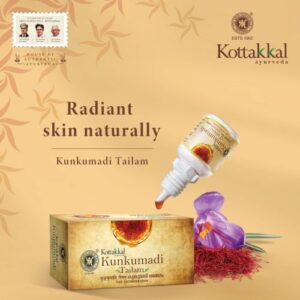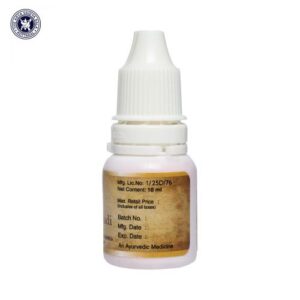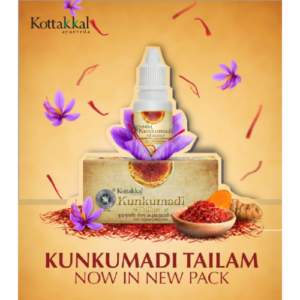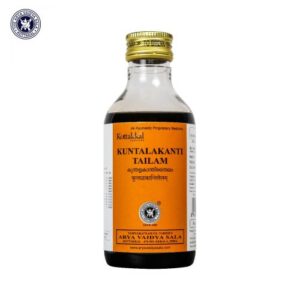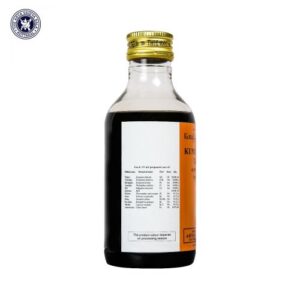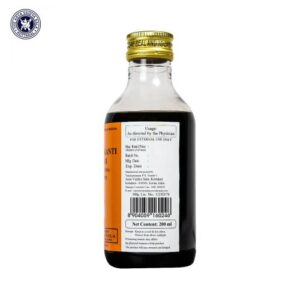Medicated Oils
Thailam in Ayurveda refers to medicated oils that are prepared using a specific method of oil processing. These oils are typically used for external applications such as massage, but some can also be used for internal administration or other specialized treatments. The base for these medicated oils can be sesame oil, coconut oil, or even animal fats in some rare preparations. The choice of base oil and the herbs used depends on the condition being treated.
Method of Preparation:
The general method of preparing thailam involves three main ingredients:
1. Taila (base oil): This is the primary ingredient and is typically sesame oil, though other oils can be used depending on the specific formulation and intended use.
2. Drava Dravya (liquid ingredient): This is typically a herbal decoction or juice.
3. Kalka (herbal paste): Fine paste of herbs.
The base oil is boiled with the drava dravya and kalka until all the water content evaporates, and only the medicated oil remains. The oil thus obtained is filtered and stored.
Therapeutic Uses:
Thailams are used in various Ayurvedic therapies including:
1. Abhyanga (massage): Here, the medicated oil is applied all over the body to provide relaxation, improve circulation, and aid detoxification. It's a foundational treatment in Ayurveda and is often used as a precursor to other treatments.
2. Pizhichil: This is a treatment where lukewarm medicated oil is poured continuously over the body. It’s particularly useful for treating diseases of the nervous system and muscular disorders.
3. Nasya: Some oils are used for nasal administration to treat ailments related to the head and neck.
4. Basti (enema): Some thailams can be used for medicated enemas to treat various digestive and systemic disorders.
5. Local Application: Used for wound healing, pain relief, or treating specific local ailments.
